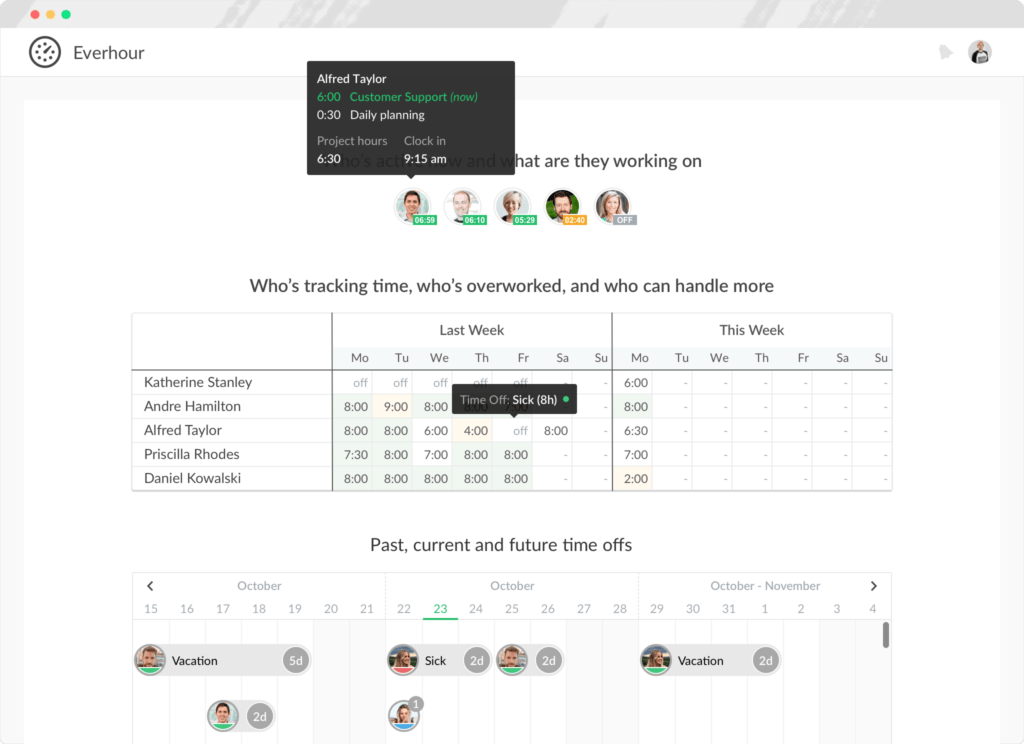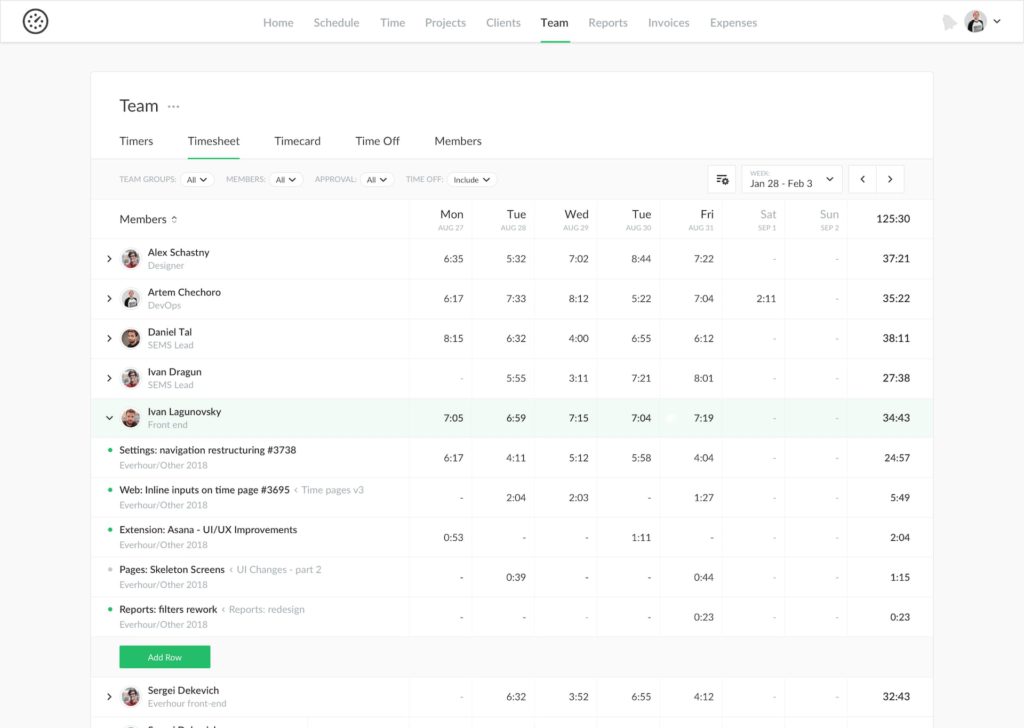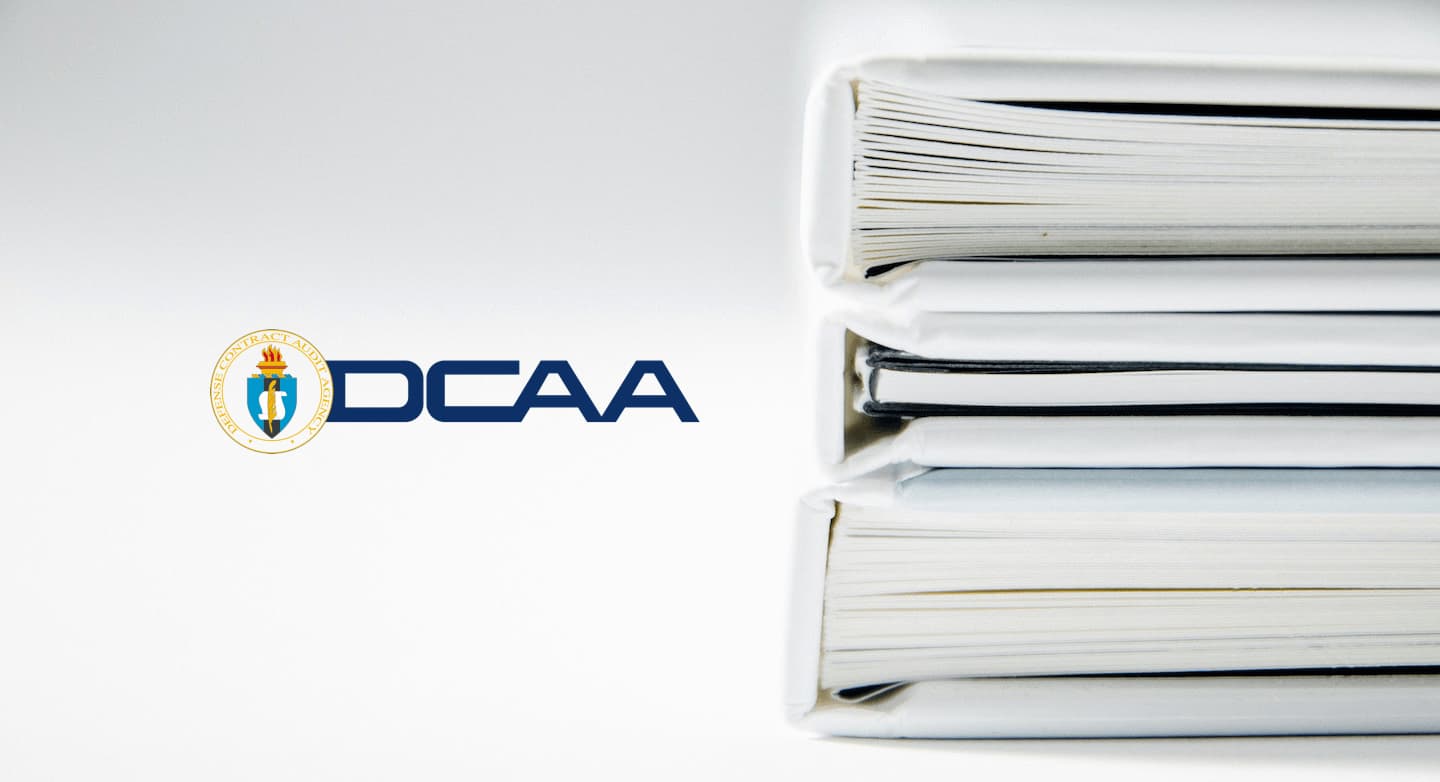Navigating the intricate world of government contracts and financial regulations requires precision and diligence, much like the best time tracking software meticulously records every moment. This article embarks on an exploration of DCAA compliance, shedding light on its significance, complexities, and the critical role it plays in ensuring transparency and accountability in government contracts.
If you have already passed a pre-award survey and landed a government contract, congrats! Not only are you financially stable enough to fulfill the contract, but the DCAA has found that your accounting system can stand up to its rigorous standards of scrutiny.
All that hard work has paid off, but of course, this is just the beginning. You’ll need to operate strictly within the guidelines for DCAA compliance throughout your time working for the government.
But worry not! Below you will find a quick, easy-to-follow guide to answer any questions you may have about DCAA compliance.
✅ how to become DCAA compliant;
✅ how to prepare for a DCAA audit;
✅ what are the resources for business tools you’ll need along the way?
Understanding DCAA: What It Is and Why It Matters
Created in 1965, the Defense Contract Audit Agency‘s task is to audit the Department of Defense (DoD) contracts. In the beginning, the agency audited military and intelligence contracts. It has later expanded its scope to auditing contracts with non-government businesses as well.
Simply put, the DCAA ensures that all contracts with the DoD comply with government standards.
Its purpose is to protect taxpayer dollars by detecting any fraudulent billing for goods and services rendered by contractors.
DCAA Compliance
How do I become DCAA compliant?
DCAA compliance includes detailed accounting within each department for all monies paid by the government to a contractor (that’s you).
While it’s the expectation that tracking of physical resources as well as DCAA-compliant accounting takes place regularly, the DCAA manual emphasizes that recording and accounting for time tracking will be the primary focus.
How to meet DCAA timekeeping requirements
Some typical requirements the DCAA will be looking for during an audit include:
- Outline procedures for time-keeping thoroughly, stating very clear expectations for every employee. To ensure your employees follow those expectations, these guidelines should be easy to understand and follow.
- Maintenance of these procedures should be regularly verified and published in a report – ideally, at the very least monthly. This is to ensure the company’s processes are compliant, and no violations have taken place.
- The DCAA requires that each department records employee work hours thoroughly. For instance, employees working in human resources will log hours separately from those in accounting.
- Ensuring that the payroll department isn’t recording work hours is just as important, if not more. The reason for this rule is simple. Even for the most honest of companies, it’s often tempting to cheat a little in adjusting hours to meet payroll budgets. This rule removes the opportunity to do so.
DCAA compliance tools
Although there are plenty of time-tracking software systems that claim to be DCAA certified – the federal government does not have a formal certification process. That said, DCAA compliance tools are invaluable to any business entering into a government contract.
According to the DCAA compliance guide:
Generally Accepted Government Auditing Standards (GAGAS/The Yellow Book) prohibit the DCAA from providing advice to contractors on certain accounting or estimating matters.
Does this mean if you need some help, you’ll immediately have to turn to a professional? Not necessarily! Having tried and true tools that you can trust to navigate DCAA compliance fully is a great solution.
What you need is cutting-edge time tracking software with features that allow you to: keep detailed records in real-time, tracking for employees’ vacation time spent, sick leave, training time, and time. Both on, and off the clock.
To keep the stress out of surprise audits, look out for the time tracker that will send you specific notifications. For instance: when someone submits their timesheets for approval, and notification upon approval. Locking the ability for further editing is a great feature as well.

DCAA Audit Checklist: How to Prepare
DCAA auditors must have adequate contractor proposals/submissions before starting an audit. You want to make sure all of your submissions are clear, organized, and easy to understand. This will save you both time and money from the start.
You’ll also want to make sure to meet with your employees and validate that they understand all the procedures they should be following to remain compliant.
Now, let’s dive deeper into the fine details!
What is a DCAA audit, and what are they looking for?
The DCAA audit checks for procedural compliance within your business, including submitting accurate documentation about costs, with a particular focus on time-keeping and accounting.
The DoD provides links for access to the same checklists that DCAA auditors will be used to assess your records as well as the DCAA Contractors Audit Manual to provide an overview of the audit process.
What are the different types of DCAA audits?
The DCAA conducts various types of audits, depending upon the structure of your business. Some of these include:
- incurred cost
- compensation and benefits
- forward pricing
- pre-contract award
- labor charges
- contractor purchase systems
- reviews requested by the contractor to receive feedback or an opinion about specific aspects of a contract (a.k.a. “other” or “special” audits)
What is the DCAA audit checklist?
The DCAA audit checklist is a list of standards the government is looking for when it shows up to validate your records are DCAA compliant. Sometimes an audit will take place over the phone, but they most commonly take place in person. Either way, the checklist that auditors use is pretty lengthy (and frankly, pretty boring).
For the sake of brevity and your sanity, below you’ll find an easy to follow, layperson’s DCAA compliance checklist.
-
Make sure your timesheets are always up to date
Ensure that every employee completes their timesheets daily and accurately.
A tool that helps keep accurate, tamper-free records for timesheets is a life-saver. It should make your records accessible and constantly updatable with immediate, real-time tracking (the DCAA is a stickler for this one), preferably with the ability to remote access. An extra desired feature is software that sets intermittent reminders that help employees stay aware of their hours logged in real-time. -
Make your time approval process effortless
When it comes right down to the basics, the DCAA expects whoever works the hours to be responsible for tracking those hours. That said, management is required to review and approve that recorded time at the end of each pay period.
Be sure to select a time tracking tool that provides detailed reports showing who has submitted time, whose time has been approved, and who recorded these steps. -
Make sure you can show clearly allocated time for different projects
The DCAA won’t be just looking for timesheets; they’ll also want to see how much time your employees have spent on separate projects.
A system that keeps track of the time spent on all of your existing projects separately and thoroughly ensures transparency, and the ability to add new projects as they begin keeps it simple. Each employee should also have access to this information in case they need to refer to it. -
Don’t forget to account for overtime!
Salaried employees often work hours that may be considered “overtime” when you’re recording hours actually worked vs. what the employee is paid for.
In an audit, the DCAA will calculate your labor costs based on the actual number of hours worked (known as “total time accounting”). This means that regardless of whether your employee is tracking hourly pay, or is paid by salary – tracking the actual time worked is essential.
Using a program that records and calculates overtime correctly is so crucial if you want to pass your audit. It’s ubiquitous in a DCAA audit to find discrepancies where an employee has been overpaid or underpaid. If overpaid, you’ll have to pay the government the money back. If underpaid, you’ll have to undergo time-consuming procedures to make sure your employee gets their money. -
Be meticulous when managing time tracking and payroll
We may sound like a broken record here, but it bears repeating. People in charge of payroll should not approve time-keeping! Whoever approves time shouldn’t be involved in payroll.
-
Make sure your records are accurate and leave a blazing audit trail
The responsibility for approving accurately recorded timesheets is heavy. Selecting the right person for the job can mean keeping you, your employees, and your company in business and away from fines, or even jail time for labor mischarging.
Ideally, you’d want to choose a member of management that has a direct relationship with his or her employees. Hopefully, this will result in zero changes to timesheets when they reach management approval, making after-record changes unnecessary.
If it’s apparent that timesheets have been tampered with after recording, the government will want thorough details of any changes. To avoid spending a lot of extra time and paperwork, a time tracking system should provide on-demand access to stored information that is secure, online, and available in real-time.
Wrap up
You want to be ready for the DCAA audit, whether you’re brand new to a government contract, or this is your 50th. At any time, an auditor can (and will) show up or call with a checklist, either because they’ve seen something strange they want to clarify, or just to make sure you’ve got your ducks in a row.
To ensure preparedness, it’s important to understand precisely what’s expected from the DCAA, and what you need to do to meet those expectations and train your employees on those policies and procedures.
Your employees need to understand that ultimately, the responsibility to maintain DCAA compliance for their time tracking lies with them individually.
It’s easy to feel overwhelmed by it all; but what it boils down to is compliance, consistency, and transparency. This is why business tools with specific features that make it easy to stay within DCAA guidelines – like Everhour – are so valuable.
You’ll want your tools of choice to provide a thorough, accurate, and well-documented paper trail that your auditors will appreciate. Even more importantly, your time tracking software should make day-to-day tracking, management, and reporting quick and painless.

If you are managing a team of 5 or more and looking to boost efficiency, Everhour is the best time tracking software for contractors to keep your team on track. With seamless time tracking, you can easily estimate task durations, set clear budgets, and generate detailed reports inside Asana, Trello, Jira, or any other pm tool.

